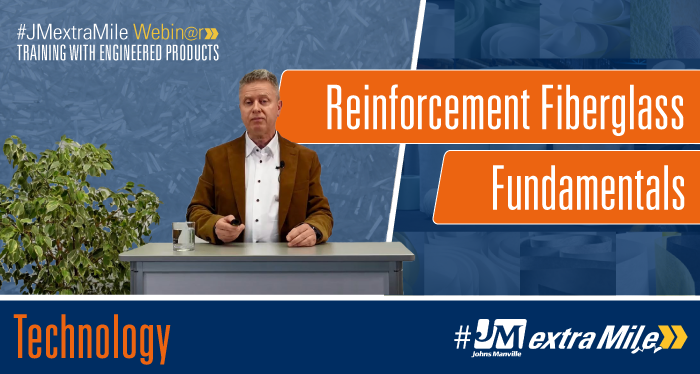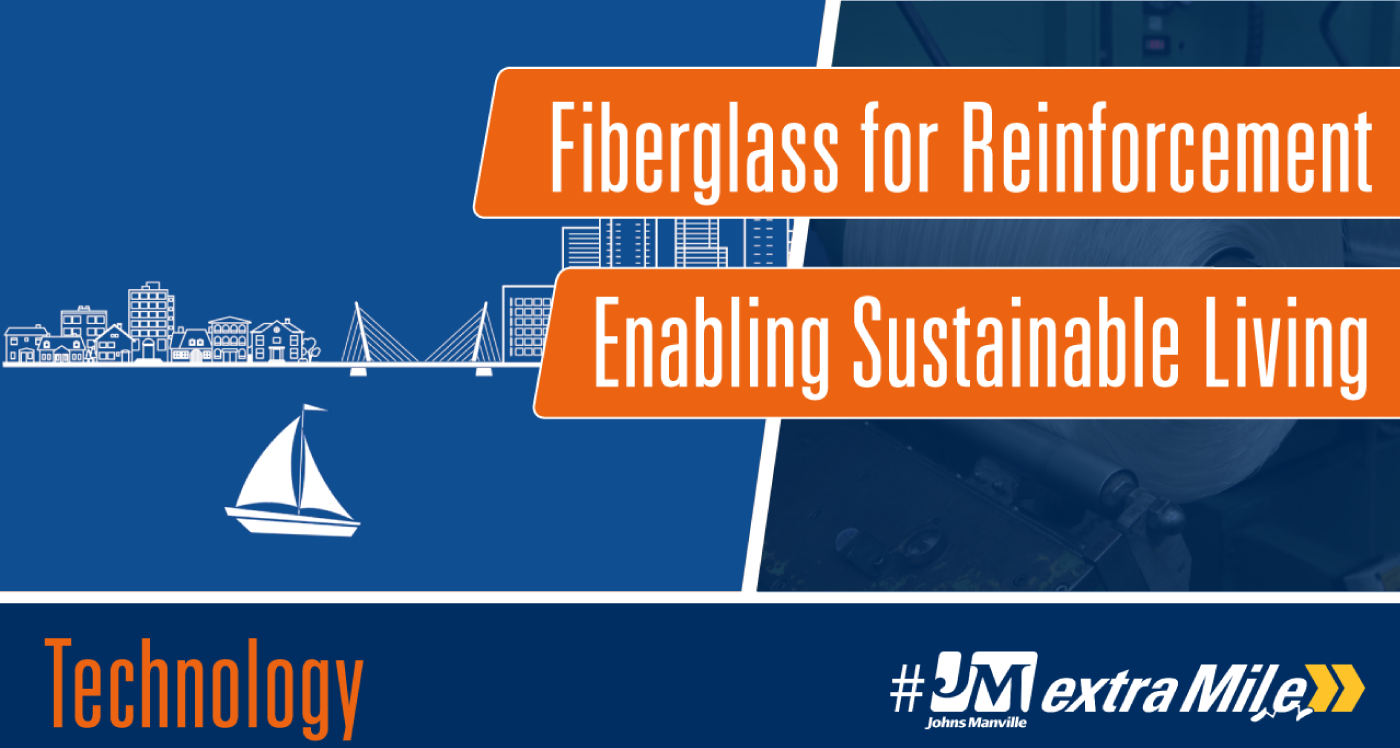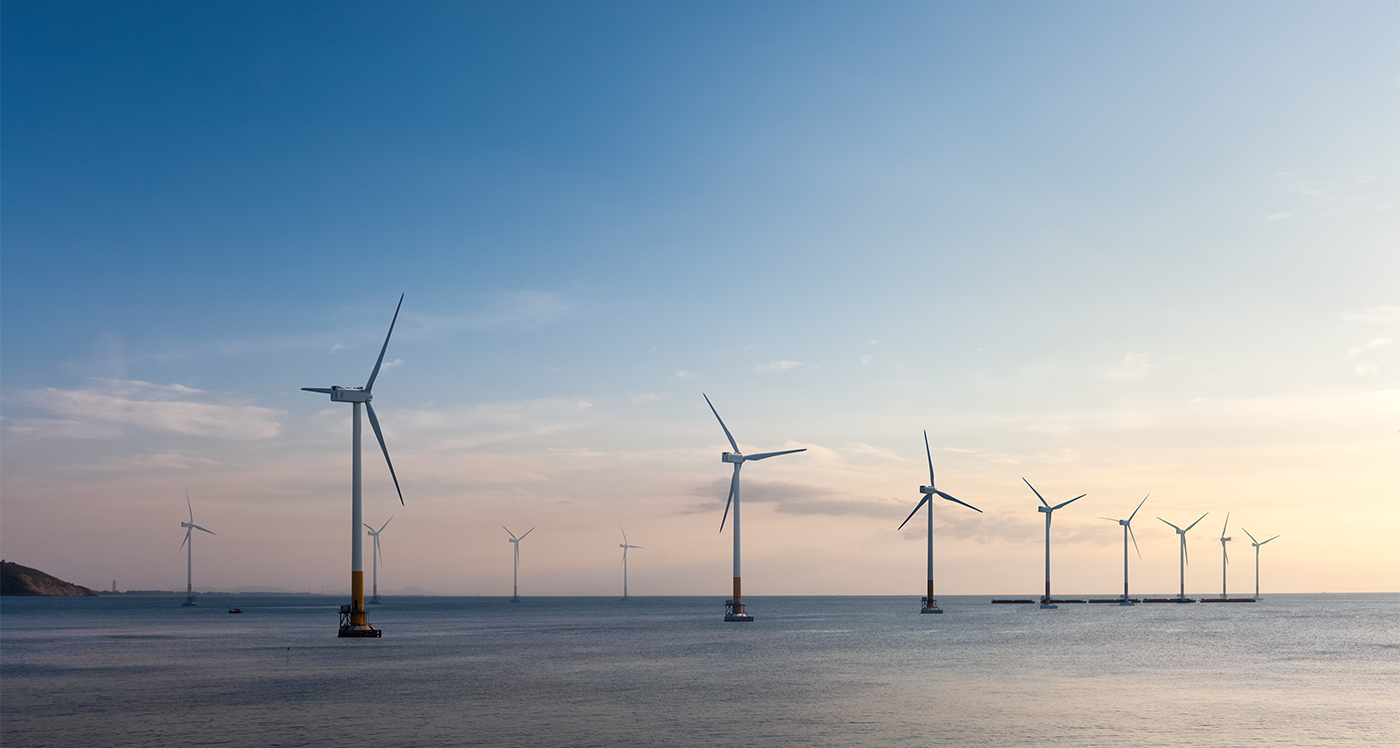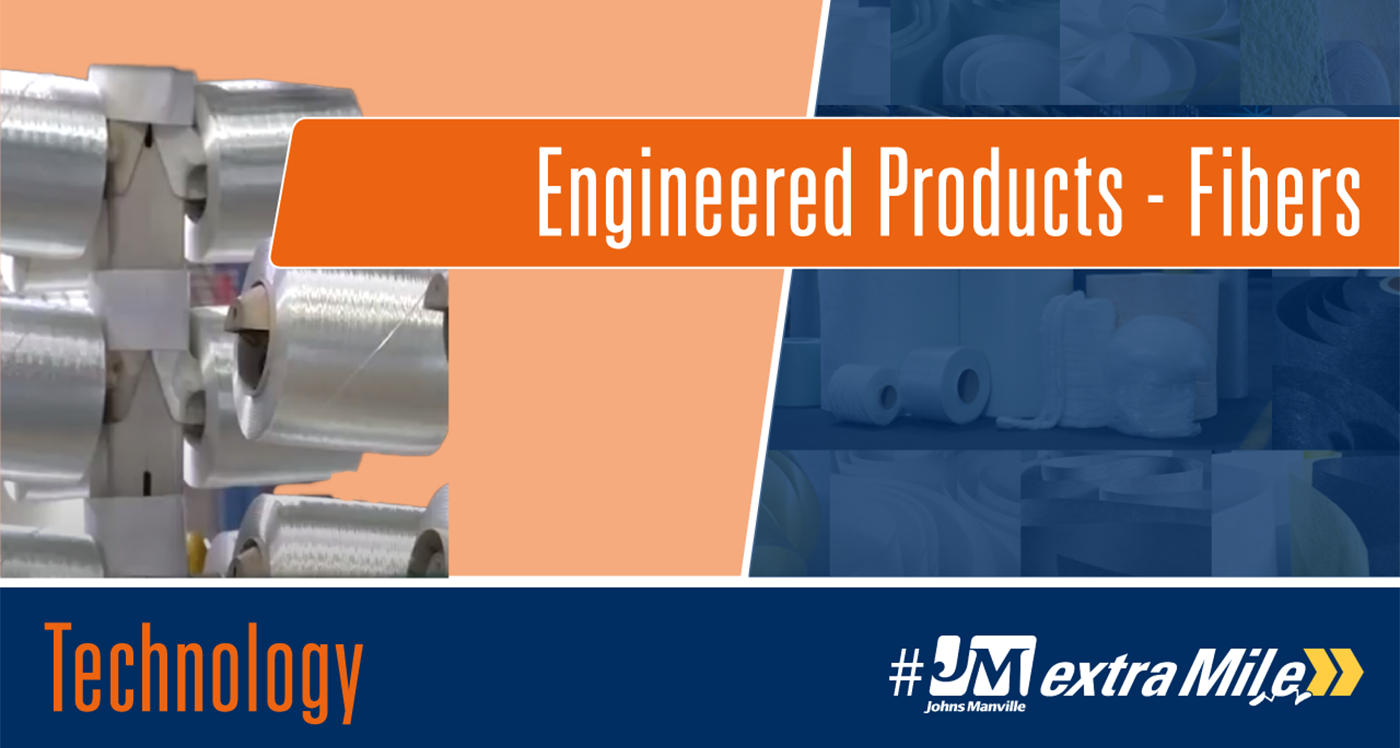Direct Roving for Long Fiber Thermoplastics (LFT, D-LFT)
Direct roving - also called single-end roving - can be used for fiberglass reinforcement of thermoplastic compounds like Polypropylene or Polyamide.
In the case of LFT (Long Fiber Thermoplastics) the individual strands of the direct roving are impregnated very quickly and with high wet-out requirements in a pultrusion process. After cooling the impregnated strands are cut to a specified length into pellets.
Direct roving can also be used in D-LFT (Direct Long Fiber Thermoplastics), where the strands are fed directly into the polymer melt without a prior compounding step. Similarly, direct roving is also suitable for fiber reinforced tapes.
Direct roving and its sizing need to be optimized for LFT and D-LFT applications, especially regarding the critical requirements of excellent, care-free unwinding and fast impregnation. Materials produced with LFT or D-LFT processes combine superior mechanical properties and light weight thanks to the greater length of the incorporated fiberglass strands.
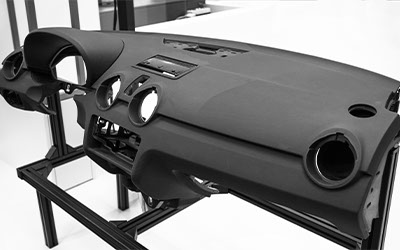

Peter Sivak
Global Product Manager
"Our StarRov® 490 fiberglass direct roving (single-end roving) is designed to be used mainly as an input for LFT (Long Fiber Thermoplastics) or D-LFT (Direct-LFT) processes. It provides excellent mechanical properties, low VOC (volatiles, odor, and carbon emission), perfect bundle opening in the thermoplastic pultrusion process, fast impregnation, perfect wet-out, high dry strength, and low fuzz. StarRov® 490 is a food contact certified product."
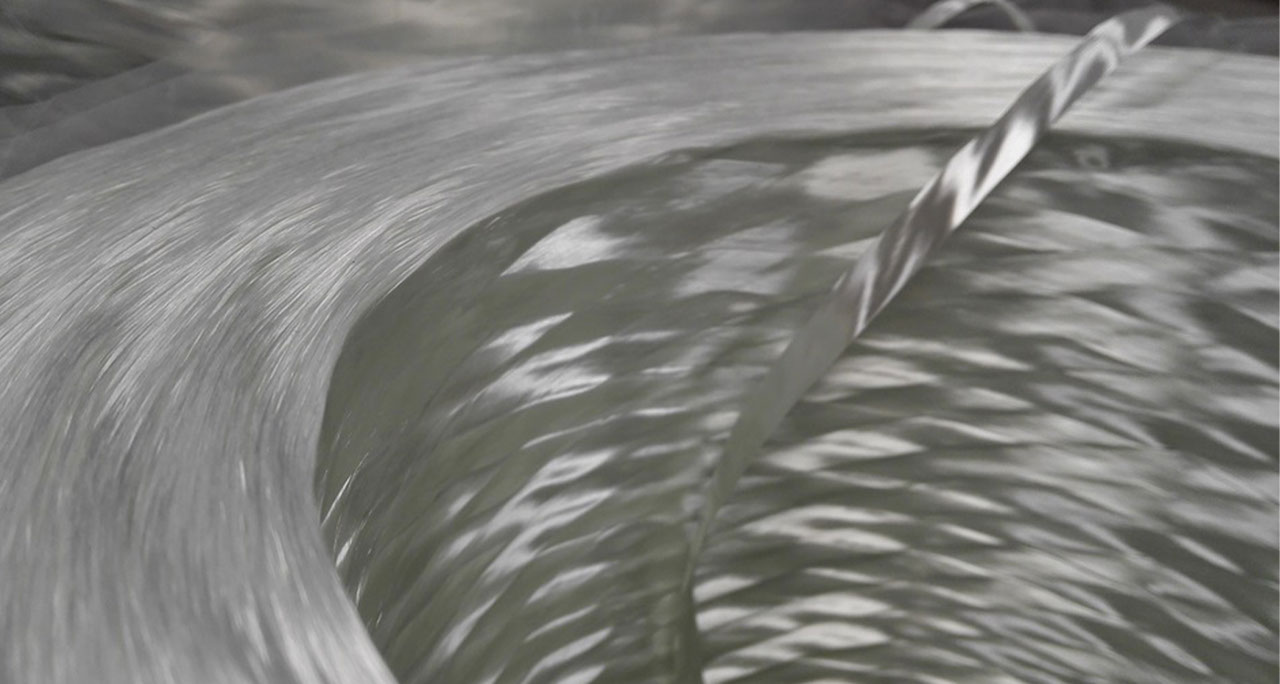
What is a direct roving (single-end roving)?
A direct roving or single-end roving is manufactured by winding fiberglass directly into a clearly defined tex or yield. It is designed to be used mainly as an input for weaving processes, providing easy unwinding due to even tension, low fuzz generation and excellent wettability. It can be utilized in different process technologies, such as pultrusion or filament winding. The end-use composites applications can be found in infrastructure, building, marine, sport & leisure, and water transportation.

Frantisek Sabo
Global Innovation Manager
"Did you know that Johns Manville is capable of testing physical and mechanical properties of LFT (Long Fiber Thermoplastic) compounds (pellets), as our technical center in Littleton, Colorado is equipped with a laboratory LFT line. We can test various fiberglass reinforced polymers including the aging at various conditions."
-
WEBINARReinforcement Fiberglass FundamentalsLearn about the fundamentals of fiberglass, such as the role of the sizing, winding and unwinding options, the various glass types, and the use of fiberglass in different composite production processes.
-
VIDEOEnabling a Sustainable FutureWe are manufacturing fiberglass that enables other products to perform in their markets. It allows for sustainable living in construction materials, sustainable mobility in transportation parts and provides extra performance in tough sports equipment.
-
#JMextraMileRead the JMextraMile BlogLearn more about what it means to us going the #JMextraMile.
-
RELATED PRODUCTSDirect Roving for Thermoset CompositesDiscover our direct roving solutions for thermoset composites.
-
VIDEOJohns Manville's Engineered ProductsJohns Manville Engineered Products manufactures fiberglass in Europe and North America and offers chopped strand and roving to a variety of applications to extend the capabilities of thermoplastics and thermosets, and to reinforce gypsum boards.







